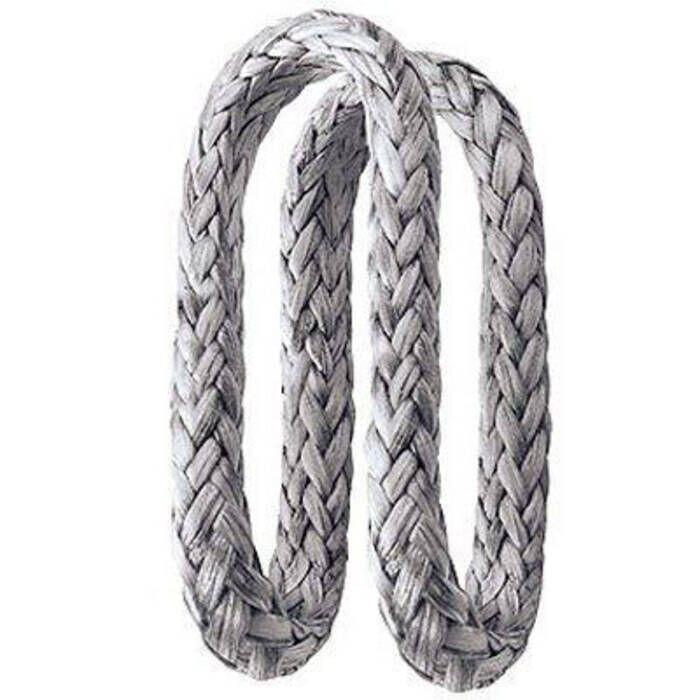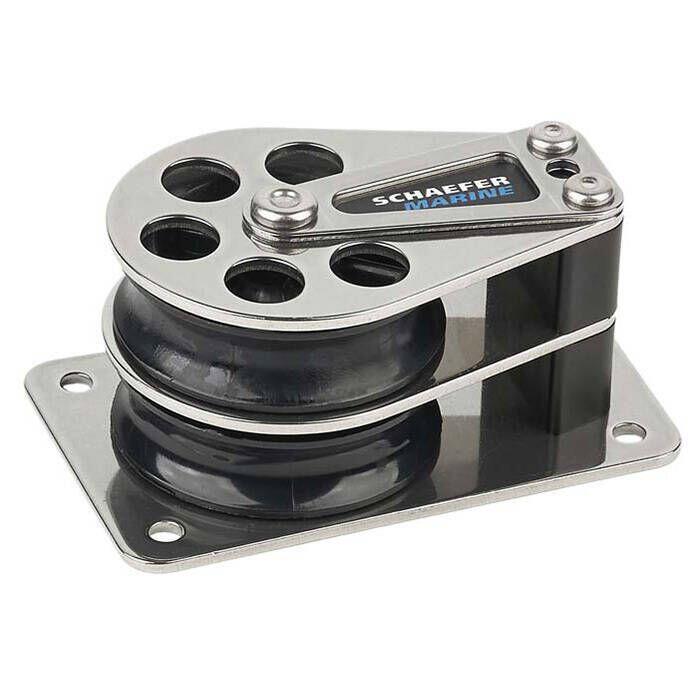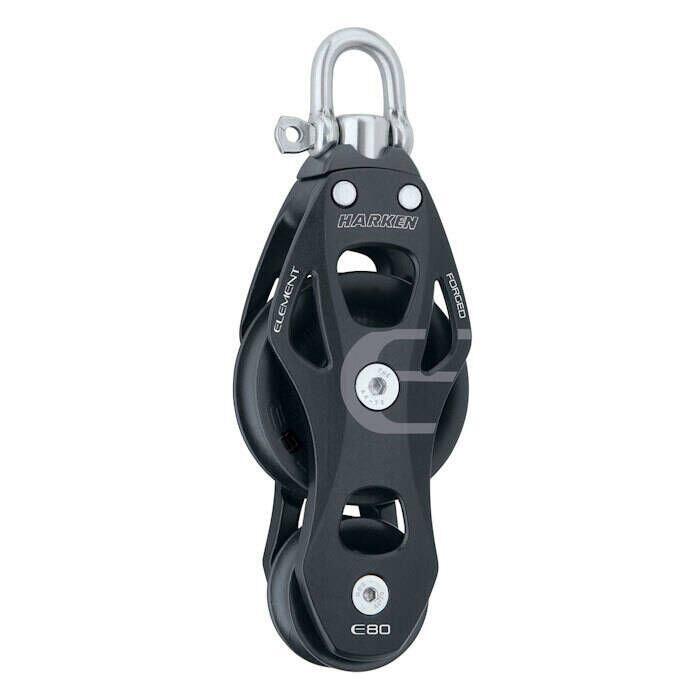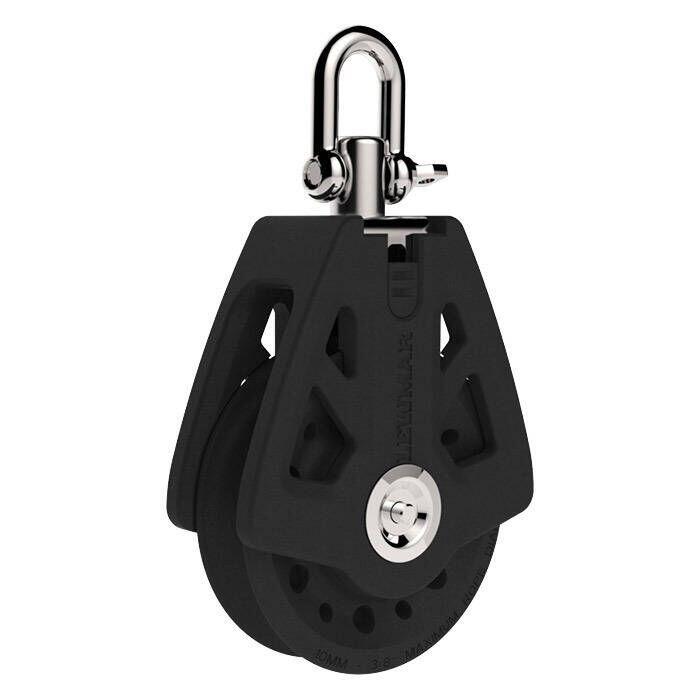Poulies
-
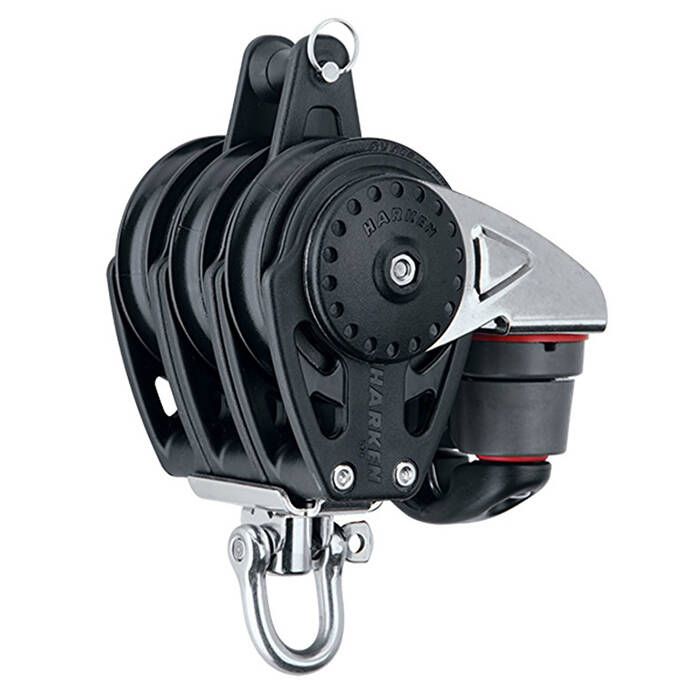
Harken - Bloc Triple Carbo Air - 57 mm (2 1/4") - 2618
371,36 $ -

Harken - Poulie Simple Over The Top - 57 mm (2 1/4") - 3002
341,75 $ -

Harken - Bloc Carbo Air - 57 mm (2 1/4") - 2601
89,36 $ -

Harken - Poulie à Boucle Black Magic - 75 mm (2 15/16") - 3230
674,51 $ -
 19% off
19% offHarken - Chaumard à Boulonner
55,30 $ - 95,28 $47,10 $ - 95,28 $ -

Ronstan - Poulie Série 40 - 40 mm (1 9/16") - RF41100
35,78 $ -

Ronstan - Poulie Violon avec Tête Pivotante - 64 mm (2 1/2") - RF6720
352,90 $ -

Spinlock - Organisateur de Pont pour Bateau de Taille Moyenne
83,90 $ - 204,34 $ -

Schaefer - Poulie Série 5 - 504-05
99,28 $ -
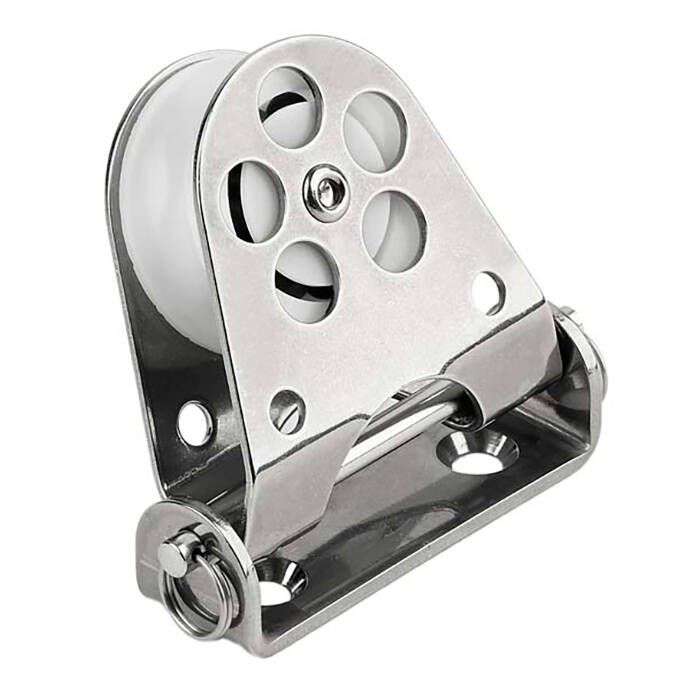
Schaefer - Poulie de Renvoi Articulée - 300-32
258,61 $ -
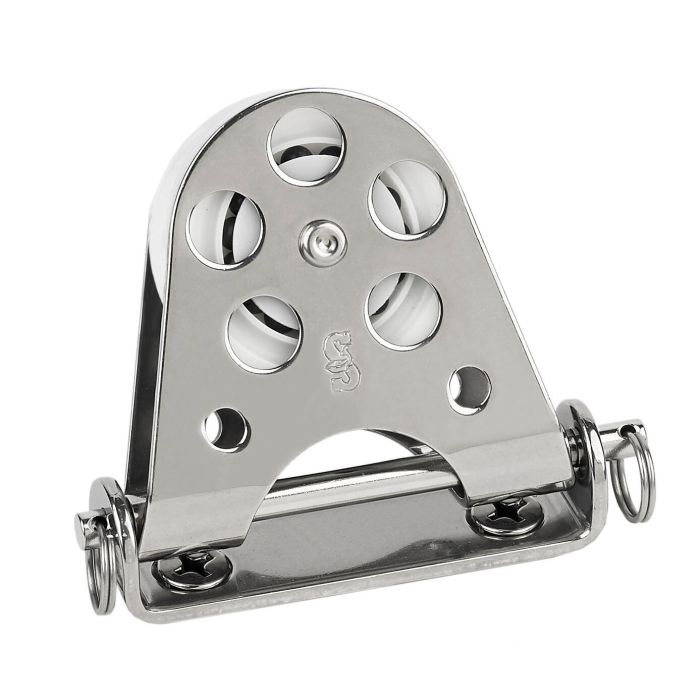
Schaefer - Poulie de Renvoi Articulée - 506-32
326,29 $ -
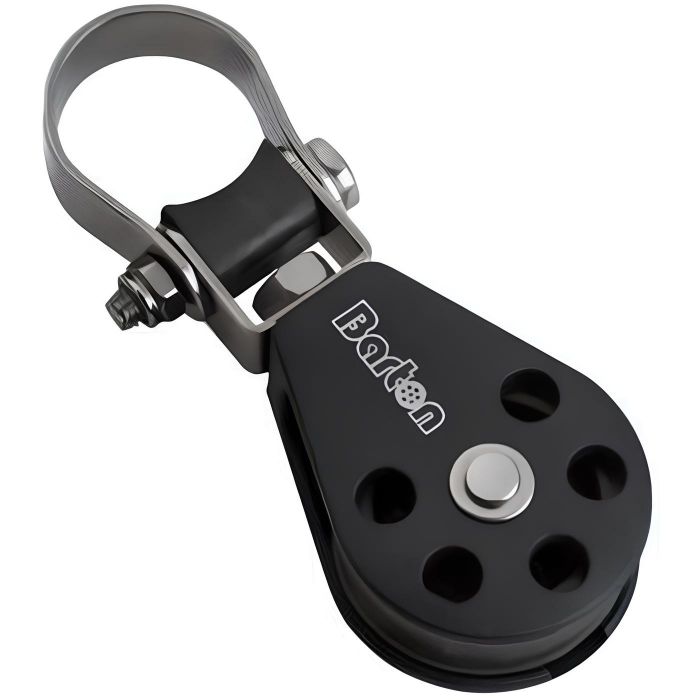
Barton - Poulie Simple de Guidage de Chandelier Taille 3
43,79 $ - 125,81 $ -
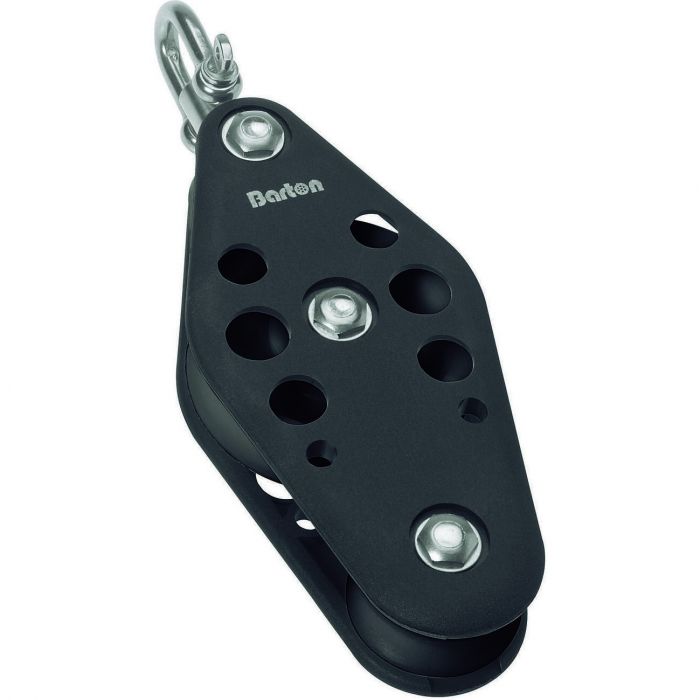
Barton - Poulie Violon Taille 3
53,33 $ - 122,01 $ -

Harken - Poulie Carbo Air - 29 mm (1 1/8") - 340
42,83 $ -

Harken - Poulie Violon Carbo Air - 40 mm (1 9/16") - 2655
75,26 $ -
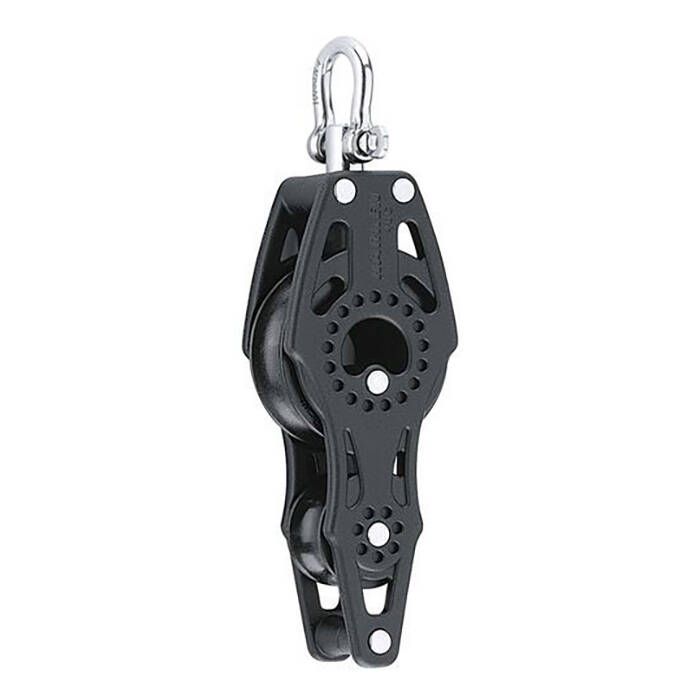
Harken - Poulie Violon Carbo Air - 40 mm (1 9/16") - 2656
83,72 $ -

Harken - Poulie Violon Carbo Air - 57 mm (2 1/4") - 2621
95,00 $ -

Harken - Poulie Élément en Aluminium - 60 mm (2 3/8") - 6262
137,93 $ -
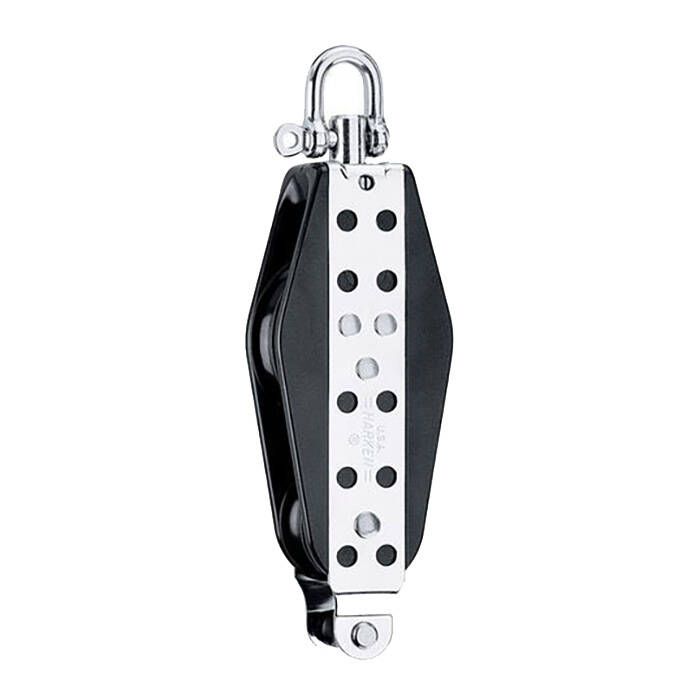
Harken - Poulie à Violon Midrange - 76 mm (3") - 1560
299,45 $ -

Wichard - Guide-Cordage pour Chandelier - 20120
34,63 $ -
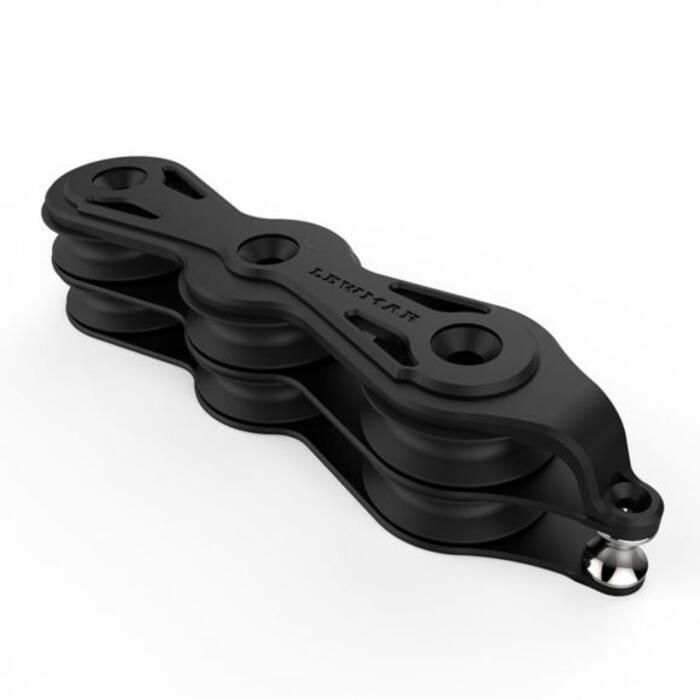
Lewmar - Organisateur Double Empilé Synchro à 6 Réas - 60 mm (2 3/8") - 29916042BK
295,27 $ -

Barton - Poulie Simple Taille 3
23,52 $ - 129,60 $ -
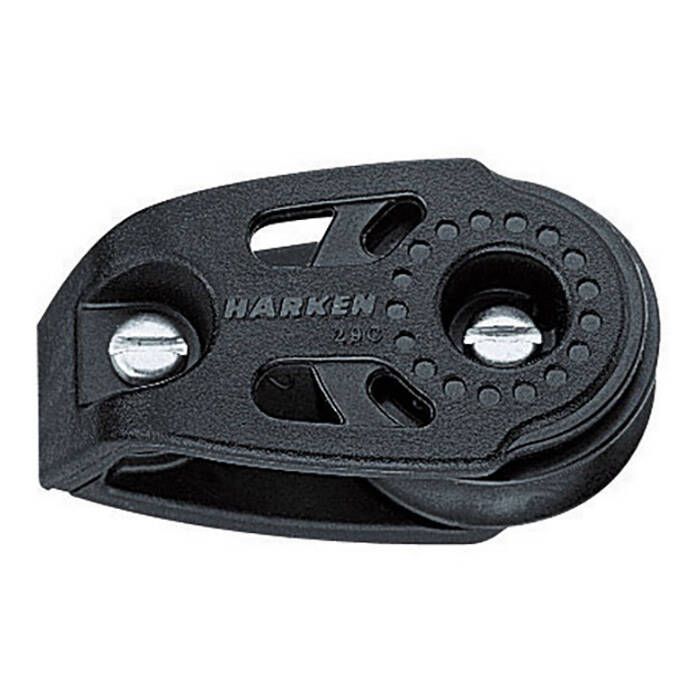
Harken - Bloc Carbo Air - 29 mm (1 1/8") - 350
27,32 $ -
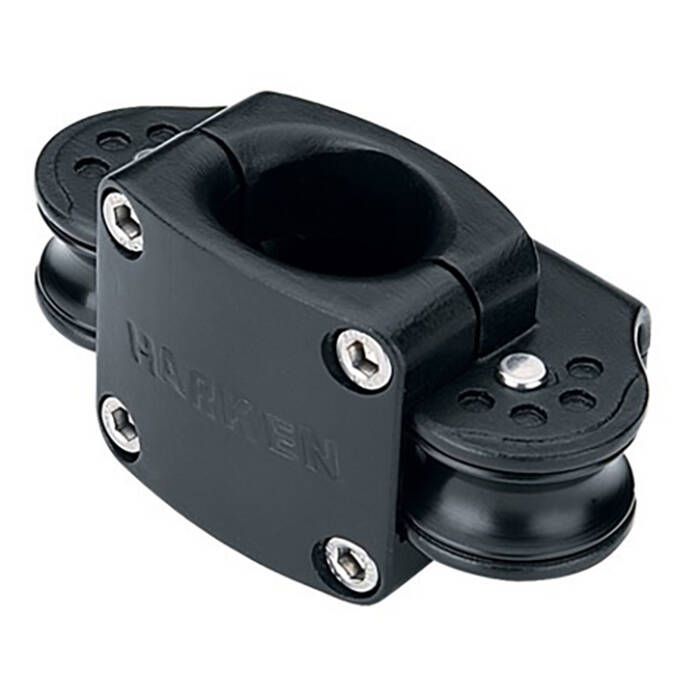
Harken - Assemblage de Bloc de Guidage Extérieur Carbo - 29 mm (1 1/8") - 7403
78,08 $ -
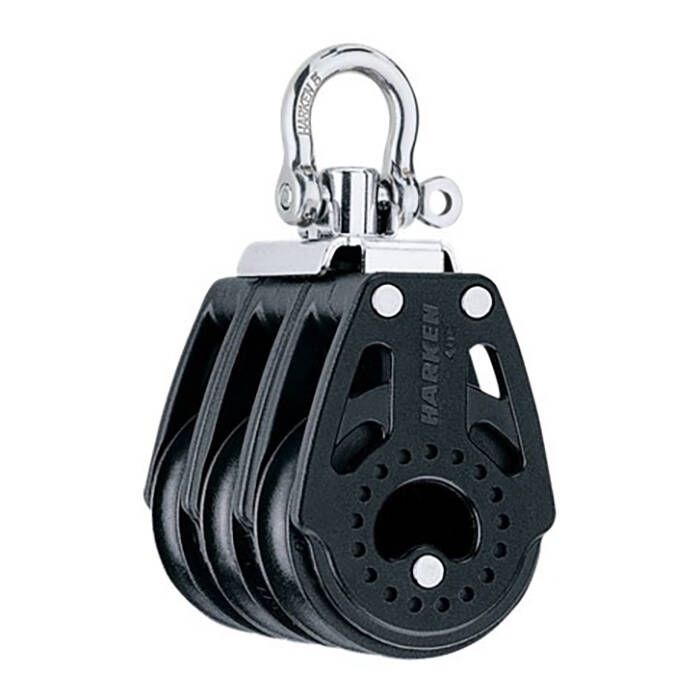
Harken - Bloc Triple Carbo Air - 40 mm (1 9/16") - 2640
203,57 $ -

Harken - Poulie Élément en Aluminium avec Émerillon - 45 mm (1 3/4") - 6230
68,35 $ -
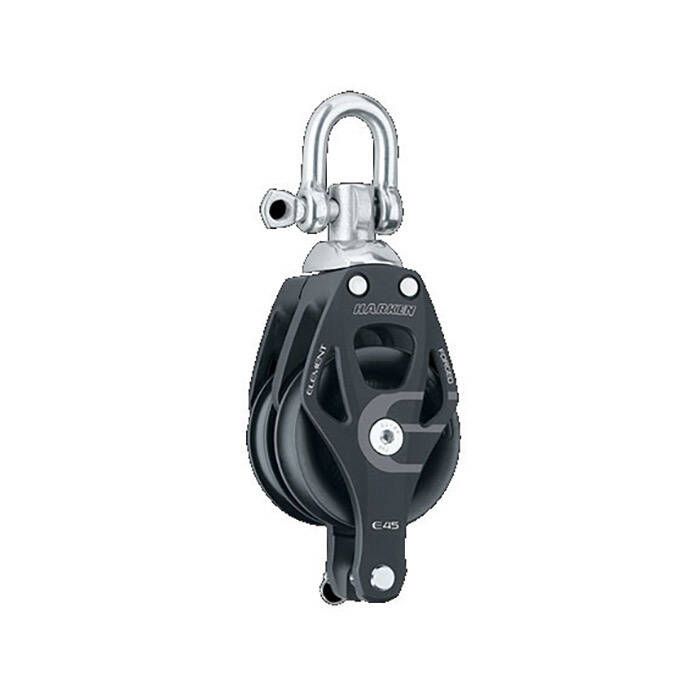
Harken - Poulie Élément en Aluminium - 60 mm (2 3/8") - 6270
225,70 $ -

Harken - Poulie de Gamme Moyenne - 76 mm (3") - 1540
203,57 $ -
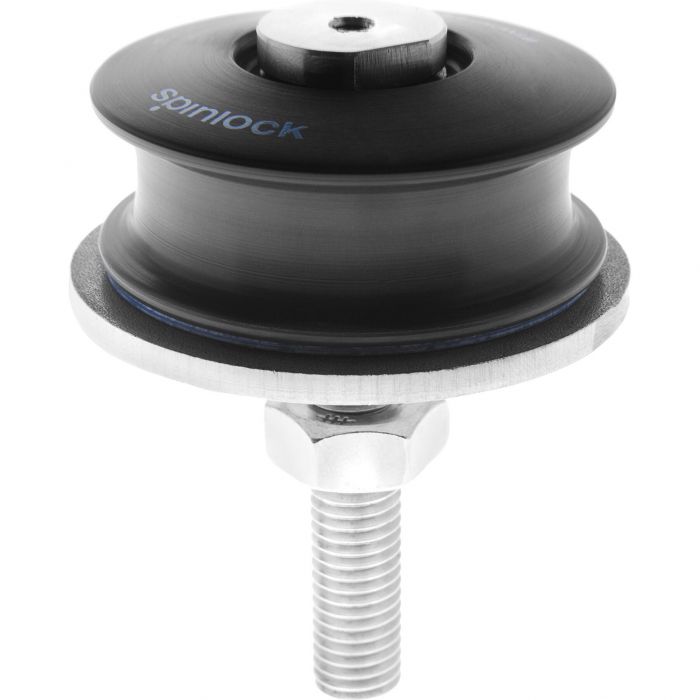
Spinlock - Alimentateur de Winch à Réa
121,94 $ - 168,99 $ -

Harken - Micro Poulie Violon avec V-Jam - 22 mm (7/8") - 244
62,57 $ -
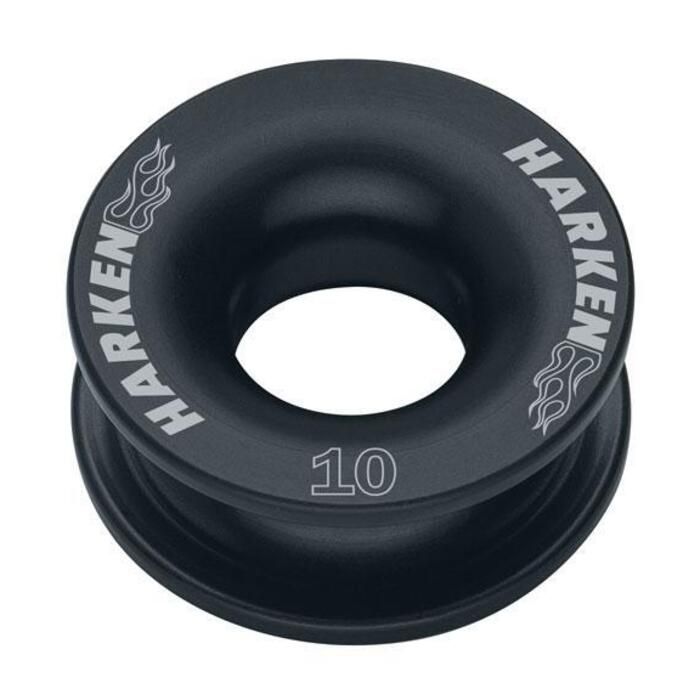
Harken - Anneau de Guidage
28,73 $ - 56,93 $ -

Wichard - Poulie Ouvrante - 18 mm (23/32") - 35500
485,62 $ -

Ronstan - Poulie Série 50 - 50 mm (2") - RF51200
109,28 $ -
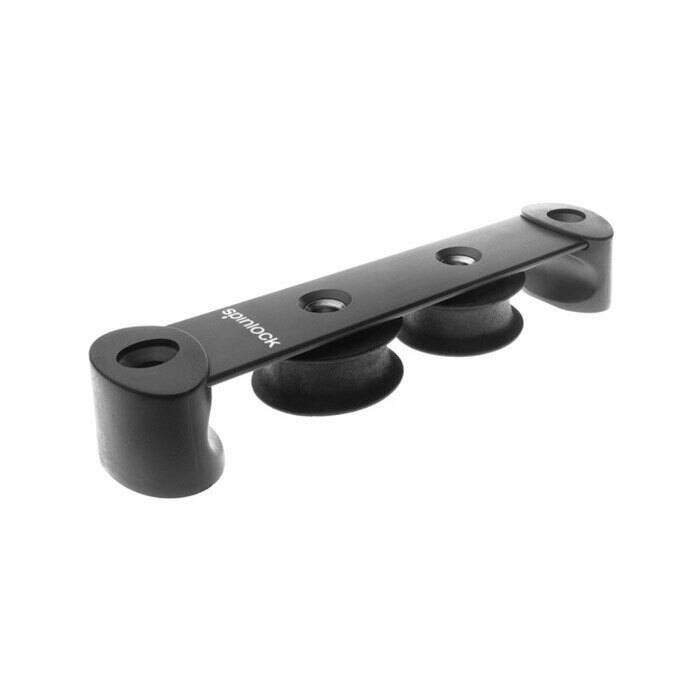
Spinlock - Organisateur de Pont T38
68,32 $ - 150,71 $ -

Suncor - Chaumard à Oeil-de-Boeuf
14,72 $ - 27,25 $ -
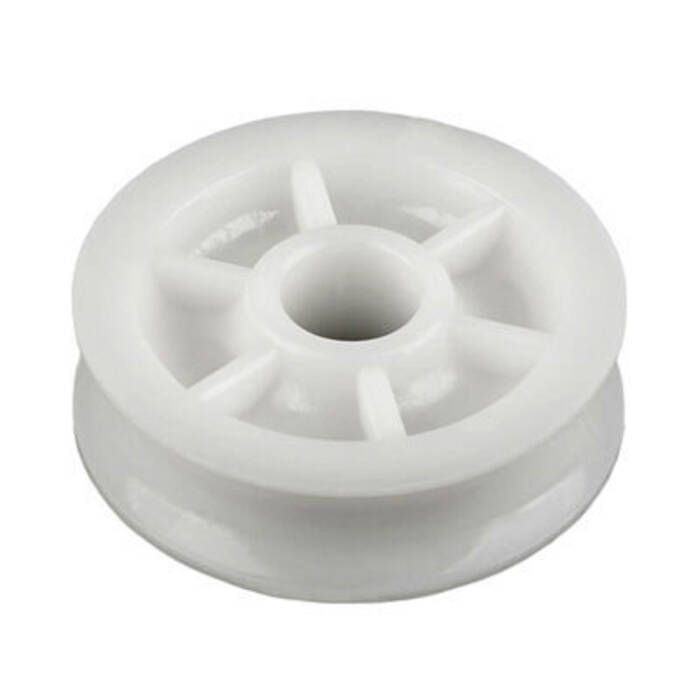
Schaefer - Réa en Delrin - 2" - 62-051
33,01 $ -
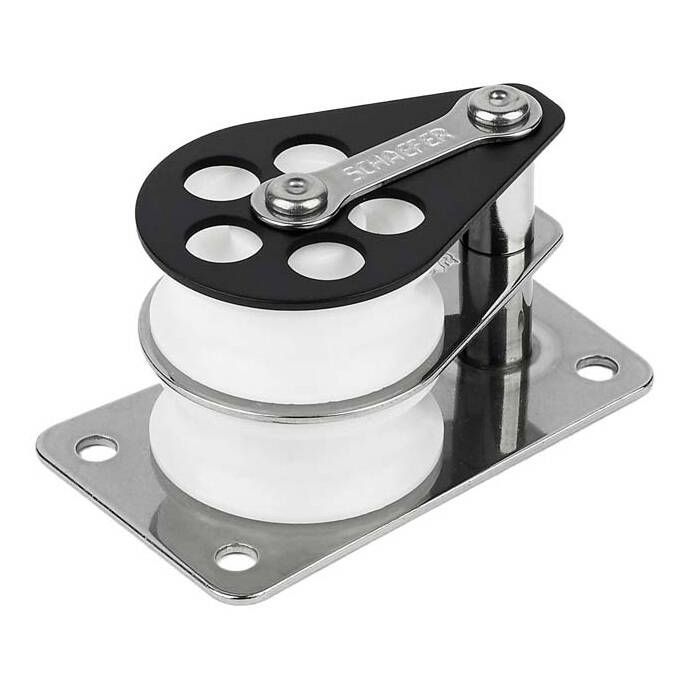 9% off
9% offSchaefer - Poulie de Joue Série 3 - 303-29
169,78 $152,86 $ -

Schaefer - Poulie Pivotante Verticale Série 5 - 504-62
254,38 $ -

Schaefer - Poulie Latérale Série 7 - 704-28
350,26 $ -
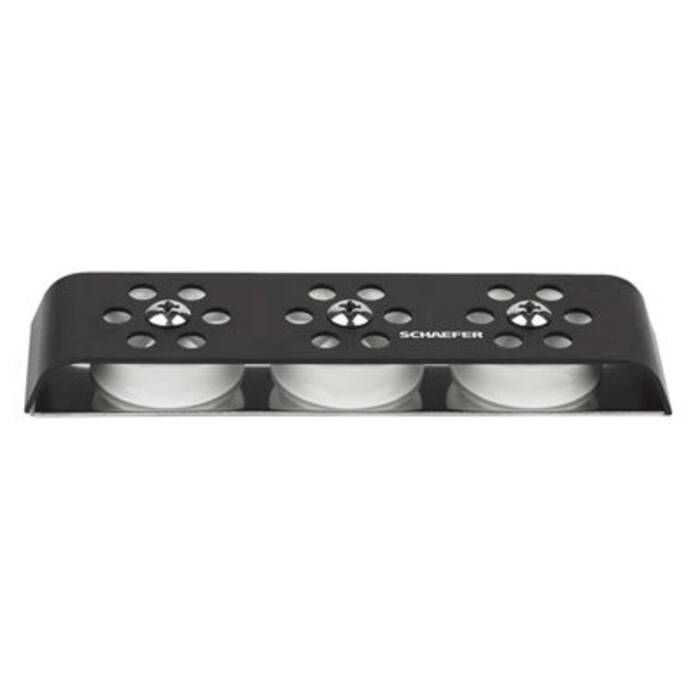
Schaefer - Organisateur de Pont - 704-81
362,95 $ -
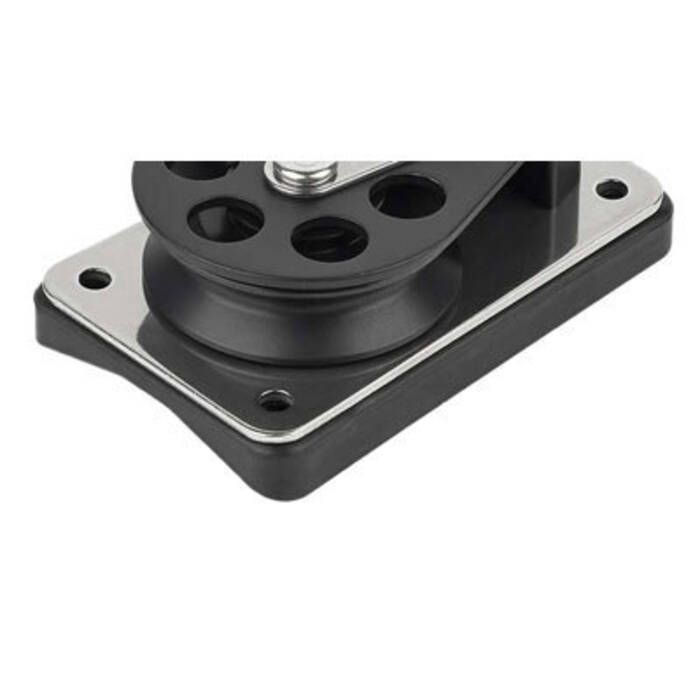
Schaefer - Coussinet de Poulie à Joue Série 5 - 55-60
58,39 $ -
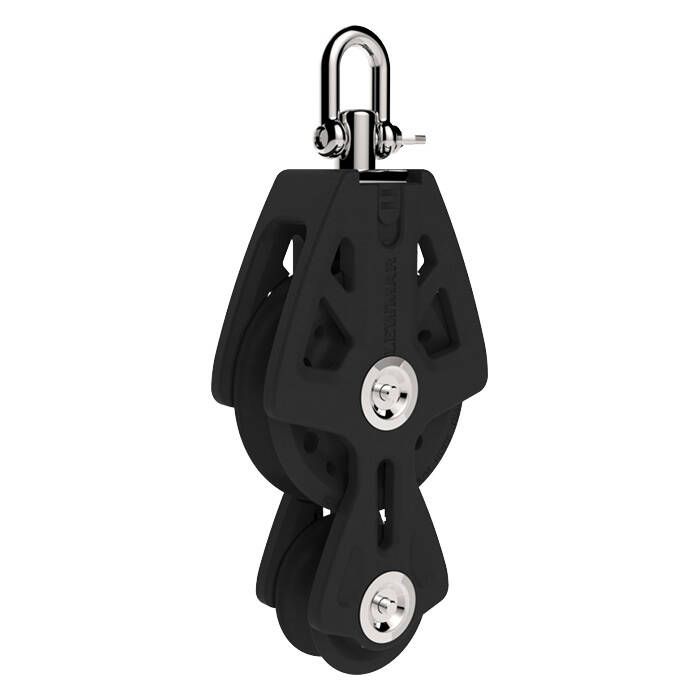 9% off
9% offLewmar - Poulie Violon Synchro - 60 mm (2 3/8")
66,85 $ - 154,27 $66,85 $ - 154,27 $ -

Lewmar - Poulie Double Synchro - 72 mm (2 13/16")
161,32 $ - 169,78 $ -
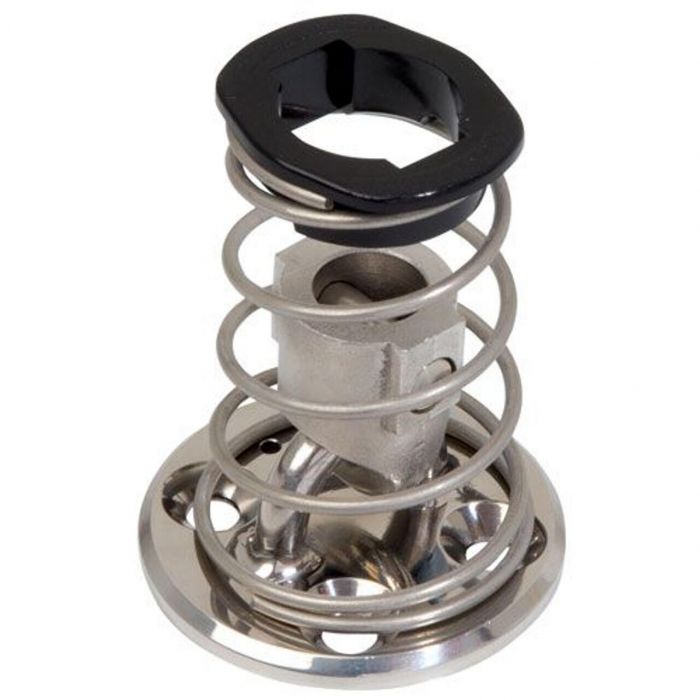
Lewmar - Base de Support Vertical Taille 3 - 29393000
200,80 $ -
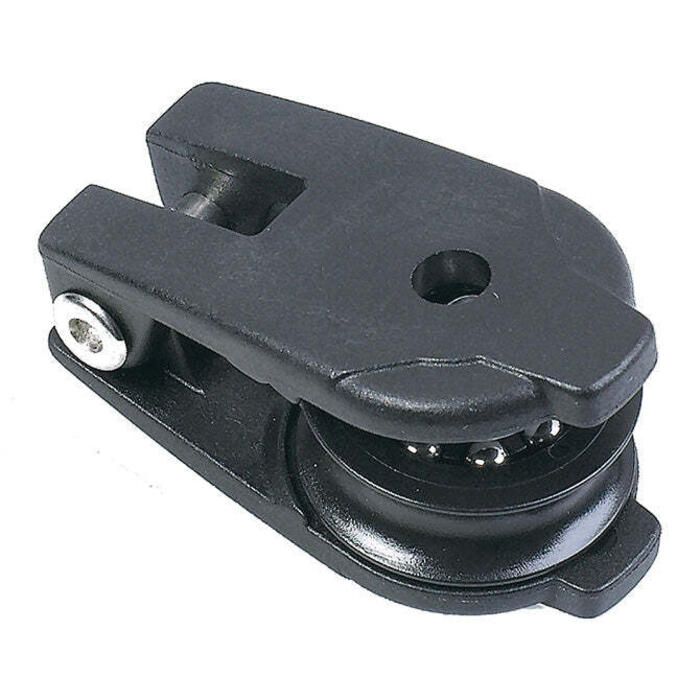
Lewmar - Poulie Ouvrante/Tweeker - 27 mm (1 1/16") - 29900240
48,55 $ -

Antal - Organisateur Multi-Anneaux
88,00 $ - 268,48 $ -

Harken - Micro Poulie de Joue - 22 mm (7/8") - 233
28,73 $ -
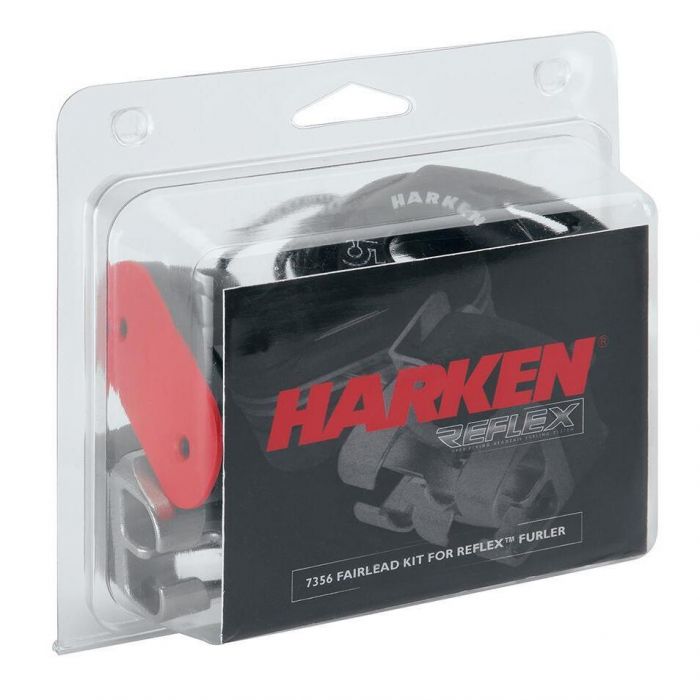
Harken - Kit de Poulie de Guidage pour Enrouleur Reflex - 7356
278,30 $
About Poulies
Marine Blocks: Buyer’s Guide
Introduction
For avid sailors and boating enthusiasts, selecting the right marine blocks is crucial for a seamless and safe sailing experience. Marine blocks play an essential role in the efficient and effective operation of a boat's rigging system. This guide is designed to help you understand the nuances of marine blocks and make an informed decision when purchasing them.
Section 1: What Are Marine Blocks?
Marine blocks are pulleys used in the rigging of boats and ships. They facilitate the changing of direction and point of application of a force applied to a rope. In simpler terms, they are used to lift heavy loads, adjust sails, and aid in maneuvering the boat.
Types of Marine Blocks
- Single Blocks: Used for basic applications, these have one wheel and one sheave.
- Double Blocks: With two sheaves, they offer more mechanical advantage.
- Swivel Blocks: These can rotate to prevent rope twisting.
- Fiddle Blocks: Combine different sizes of sheaves in one block for versatile applications.
Section 2: Factors to Consider When Buying Marine Blocks
Material and Durability
Marine blocks are typically made from stainless steel or composite materials. The choice depends on the sailing conditions and the required strength-to-weight ratio.
Load Capacity and Size
Consider the maximum load the block will handle and ensure it matches your requirements. The size of the block should correspond with the thickness and strength of the ropes used.
Ease of Use and Maintenance
Look for blocks that are easy to install and maintain. Blocks with ball bearings offer smoother operation but may require more maintenance than plain bearing blocks.
Compatibility
Ensure the blocks are compatible with your boat’s rigging system and the type of sailing you do.
Section 3: Top Brands and Their Offerings
Harken Blocks
Known for high-quality, durable marine blocks. They offer a wide range of blocks for various sailing needs.
Lewmar Blocks
Offers a variety of blocks that balance performance and price, suitable for both casual and competitive sailors.
Ronstan Blocks
Famous for innovative designs, Ronstan’s blocks are popular among those looking for high-performance gear.
Section 4: Maintenance and Care for Marine Blocks
Regular maintenance includes cleaning, inspecting for wear and tear, and lubrication. Always follow the manufacturer’s guidelines for care and maintenance to ensure longevity and optimal performance.
Conclusion
Choosing the right marine block involves understanding your sailing needs, the types of blocks available, and the best brands in the market. With this guide, you are now equipped to make an informed decision that enhances your boating experience.
FAQs
Q: Can I use any block for any type of sailing?
A: No, it's important to choose a block based on the specific needs of your sailing activity.
Q: How often should I replace my marine blocks?
A: It depends on the usage and maintenance. Regular inspection will help you determine when a replacement is needed.


